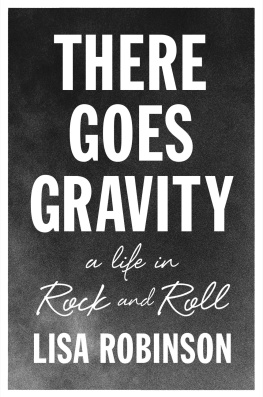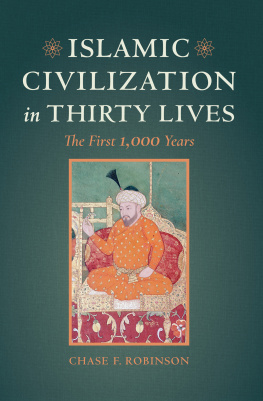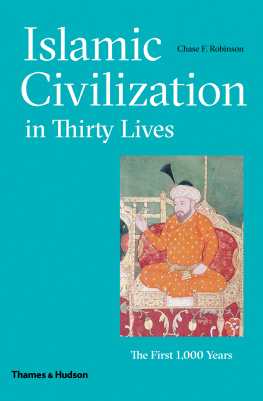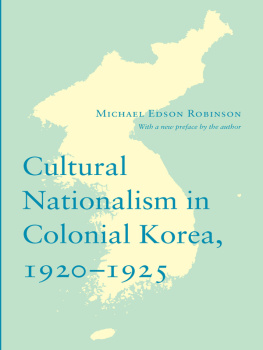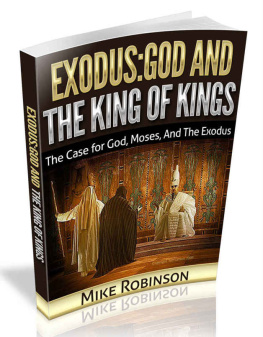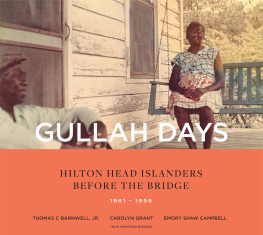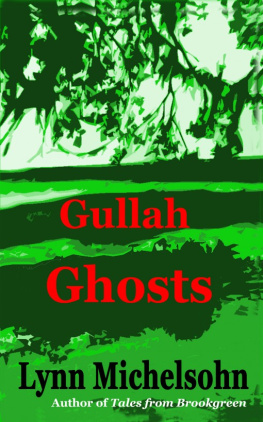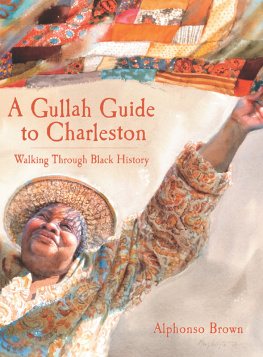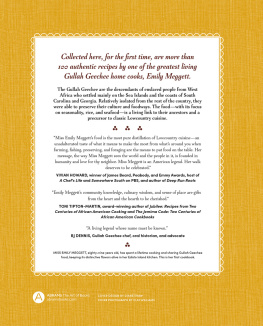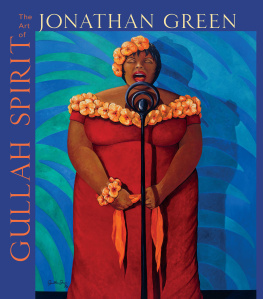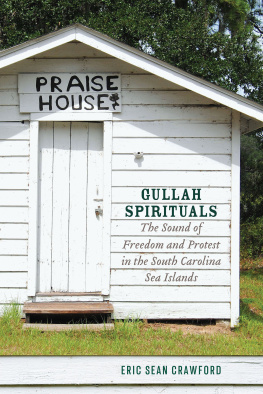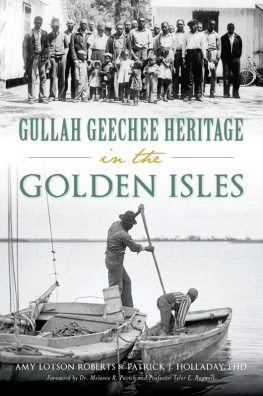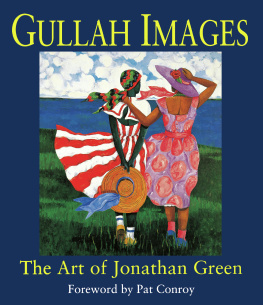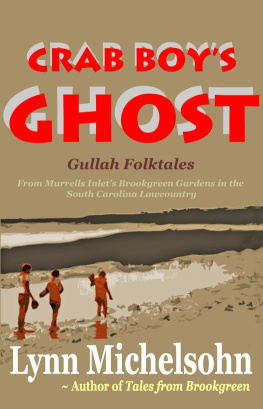Cooking the Gullah Way, Morning, Noon, & Night
2007 Sallie Ann Robinson
All rights reserved
All photographs by Karen M. Peluso. 2007 Karen M. Peluso.
Line illustrations 2007 by Ed Lindlof.
Designed and set in Galliard by Kimberly Bryant
Manufactured in the United States of America
The paper in this book meets the guidelines for permanence and durability of the Committee on Production Guidelines for Book Longevity of the Council on Library Resources.
Library of Congress Cataloging-in-Publication Data
Robinson, Sallie Ann.
Cooking the Gullah way, morning, noon, and night /
Sallie Ann Robinson, with Gloria J. Underwood;
foreword by Jessica B. Harris.
p. cm.
Includes bibliographic references and index.
ISBN 978-0-8078-3150-2 (cloth: alk. paper)
ISBN 978-0-8078-5843-1 (pbk.: alk. paper)
1. African American cookery. 2. GullahsSea Islands.
I. Underwood, Gloria J. II. Title.
TX715.R65385 2007
641.59'296073dc22 2007013360
cloth 11 10 09 08 07 5 4 3 2 1
paper 11 10 09 08 07 5 4 3 2 1
To my hero and best friend,
who has served our country in the U.S. Marines,
the Beaufort County Sheriff and Police Department,
and two years in Iraq:
SERGEANT MAJOR EDWARD T. HARRIS
Contents
Foreword
Sallie Ann Robinson represents a link in a very long chain. A native of the Sea Islands that were, until well into the twentieth century, cultural microclimates where the traditions of times past were kept alive, she is a member of the Gullah culture that is one of black Americas pivot points with the African continent. Those who have seen the films Conrack or Daughters of the Dust or who have read Pat Conroys The Water Is Wide or more scholarly anthropological studies know of these islands off the Atlantic coast from Carolina to Florida. For almost a century following the Civil War, the barrier islands, known as the Sea Islands, were reachable only by boat, creating an isolation in which the descendants of the enslaved were able to maintain and guard their cultural patrimony. The result is a rich culture with a unique form of spoken English that maintains African sonorities and a tradition of praise houses where Christianity is celebrated with profound fervor yet coexists with traditional beliefs. On these islands, there is also a West Africaninflected material culture that is displayed in everything from the handwoven sweetgrass baskets, which have become collectors items, to nets used for shrimping and fishing that are cast with a grace duplicating that of other fishermen across the Atlantic. Most of all, the islands maintained a way of life that honors old values of kinship and community. Sallie Ann Robinson is a member of that community. As one whose navel cord was cut on Daufuskie Island, she is a living witness to times past and times passed. In Cooking the Gullah Way, Morning, Noon, and Night, her second cookbook, she continues her saga and gives the reader an inside view of daily life in the Gullah community. In this, Robinson joins a select crowd, for the Gullah way of life is one that has rarely been documented by its own.
In the pages that follow, Robinson shows us life as it was, before the current modernization of Daufuskie, through her eyes and through her family memories. We are initiated into the ways of beenyahs (natives) and observe from the side as Robinson and her family go about their daily activities. We watch as Momma and Grandmomma and myriad aunts and cousins do wash and the children go about their chores. We can see the gnarled hands of her father as he patches his nets and prepares to go fishing, and we can almost taste the fresh mullet that fills the footbath when he returns with his catch. We hear her mothers admonitions and teachings and bask in the warmth of family and community.
The vignettes are evocative glimpses into a fascinating culture. But, this is, after all, a cookbook, and Sallie Ann Robinsons recipes also tell us much about the life of the community. Progressing throughout the day from morning to noon to night, the recipes allow us all to come to the table and participate in the culinary richness of the Gullah culture. Maybe well join her in a day clean breakfast plate of crispy smoked bacon and cheese grits or a slice of toast topped with prissy peach preserves, or a noontime fried shrimp sandwich with lettuce and tomato accompanied by a bowl of Fuskie seafood gumbo, or a local Sea Island country boil served as an evening meal. Perhaps it will be a plate of salmon stuffed with crabmeat and shrimp or a simple mug of orange peel tea served along with a pecan crunch cookieor just a taste of Fuskie backyard pear wine. From their down-home names to their rich flavors, the recipes allow us all to savor Robinsons taste of Gullah culture and to recreate her world in our own.
Sallie Ann Robinson has a parting gift for us. In the final section of her book, Robinson acquaints us with the world of Gullah folk beliefs and home remedies. We learn how ailments like hiccups and indigestion were cured in the old times, and how the community dealt with such maladies as high blood pressure, pneumonia, and asthma. We are treated to a look at how her family learned to tell when a storm was brewing and how they weathered the storms. We marvel at her mothers tenacity in keeping her family healthy and at just how the community ministered to its own needs, both physical and spiritual.
The wondrous world that Sallie Ann Robinson describes in Cooking the Gullah Way, Morning, Noon, and Night connects the dots for many of African descent in this country, whether Gullah or not. This is a world where the African past and the American present came together to create a new and unique culture. It is a world that has been, and still is, at serious risk, for the world that gave birth to Gullah culture has been discovered by outsiders who revel in the swoop of egrets and the sounds of the sea lapping against sand beaches. Developers are constructing gated communities, and the old ways have dwindled or died out. Bridges now connect some of the islands to the mainland, and much has been transformed. The Gullah culture, though, endures and has gained strength from the struggle for survival. The direct result of being at risk is a renewed interest in Gullah culture. In this, Sallie Ann Robinson is a part of the vanguard. Her recipes and reminiscences help fix a place and time when life was different, and the world seemed a simpler place. Little did she suspect, when she was one of the students that Pat Conroy celebrated in his book The Water Is Wide, that one day she would write history both cultural and culinary by telling the story of her Gullah home from the point of view of a beenyah who grew up with the smell of pluff mud in her nostrils and the taste of Gullah home cooking on her tongue. All Americans, cooks or not, are richer for her telling of it.
Jessica B. Harris
Acknowledgments
Home. For some folks, it is a place where they were born and grew up, and then moved away from. But for others, like me, it is a place where your navel cord was cut, and your heart often wanders to the good and bad times you lived there. You have memories of being young and free, with few or no worries. My sisters and brothers and I had no concerns about where our next meal, the shoes on our feet, or the clothes on our back were coming from. Pop and Momma kept us close, and we did not take things for granted. Good behavior and manners ruled in all things that were said and done. Meals were cooked and ready mostly on time, as we all pulled together to get the work done. Later we would happily gather at the dinner table to break bread over Mommas fixin and mixin. No one ever left the table without a bellyful.
Next page


